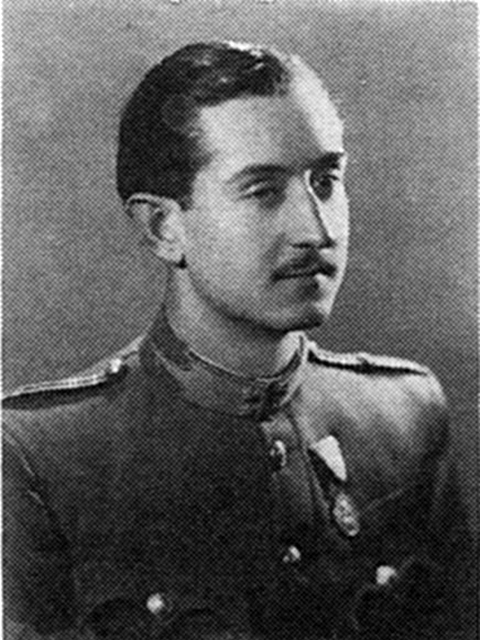
| Roles | Competed in Olympic Games |
|---|---|
| Sex | Male |
| Full name | István Pál Miklós•Bezegh-Huszágh |
| Used name | István•Bezegh-Huszágh |
| Nick/petnames | Etienne, Putyu |
| Born | 8 June 1913 in Sopron, Győr-Moson-Sopron (HUN) |
| Died | 7 September 1998 (aged 85 years 2 months 29 days) in São Paulo, São Paulo (BRA) |
| Affiliations | Honvéd Tiszti Vívó Klub, Budapest (HUN) |
| NOC |  Hungary Hungary |
His father, Miklós Bezegh-Huszágh, served as Chief of Police in Budapest between 1928 and 1932, so it is not surprising that István entered the military, graduating from the Ludovika Military Academy in 1935. As a professional soldier, he was an épée fencer for Honvéd Tiszti Vívóklub. In addition to fencing, he also competed in swimming, equestrian, and modern pentathlon. In 1935, he finished second in the 200 metre breaststroke at the Hungarian College Championship, and in 1936 was fourth in the modern pentathlon championship, which was also an Olympic national qualifier. In the same year, he won the national championship in épée team. As a member of the Hungarian épée team, he took part in the 1936 Berlin Olympics, where the team was eliminated early.
Bezegh-Huszágh fought in World War II, then fled to Wien (Vienna) in December 1944. With his family Bezegh-Huszágh spent nearly six years in refugee camps in Germany, including München and Baden-Baden, until they settled in São Paulo, Brazil, in July 1951, where he became director of Ford’s local unit.
| Games | Discipline (Sport) / Event | NOC / Team | Pos | Medal | As | |
|---|---|---|---|---|---|---|
| 1936 Summer Olympics | Fencing |  HUN HUN |
István Bezegh-Huszágh | |||
| Épée, Team, Men (Olympic) | Hungary | 3 p6 r1/4 |